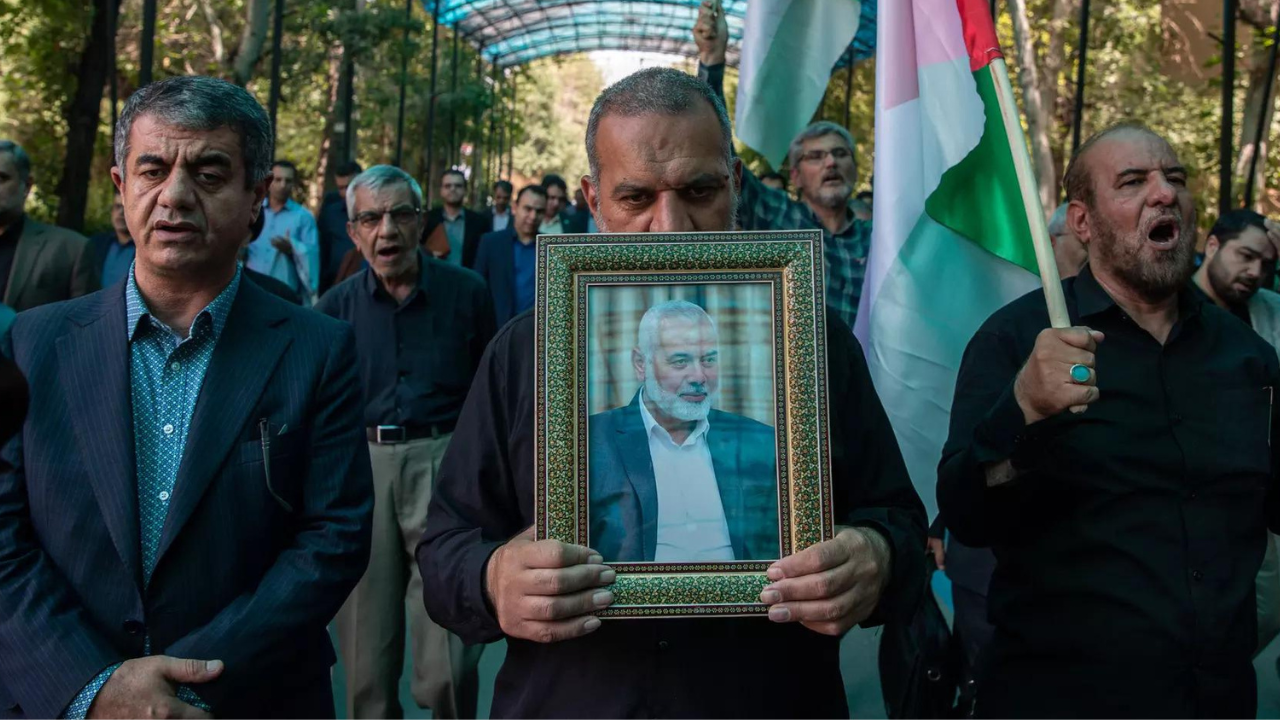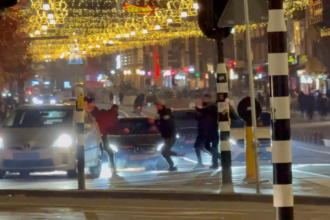The plan involved planting explosives in three rooms of an Islamic Revolutionary Guard Corps (IRGC) guesthouse where Haniyeh might stay.
The agents managed to place the explosive devices in the guesthouse rooms and left the country. The explosives were detonated remotely at 2am on Wednesday, killing Haniyeh, who was in Tehran for the inauguration of Iranian President Masoud Pezeshkian.
The earlier plan was to kill Haniyeh during Former Iran President Raisi’s funeral but was called off due to large crowds inside the building, which increased the likelihood of failure, the Telegraph reported citing two Iranian officials.
The assassination has led to internal conflict within the IRGC, with different sectors blaming each other for the operation’s failure.
Tehran authorities have arrested approximately two dozen people in connection with the killing, including senior Iranian intelligence officers, military officials, and staff at the guesthouse, as reported by The New York Times.
Deadly coincidence
The assassination coincided with President Pezeshkian’s first day in office, raising suspicions among his close aides that the security lapse might have been a deliberate attempt by the IRGC to damage the new president’s reputation.
Pezeshkian had campaigned on a platform of restoring Iran’s international standing through dialogue, which the IRGC allegedly disapproved of.
Iran vows revenge
Iran described the attack as a “terrorist operation” involving a projectile with a warhead of approximately 7 kilograms, causing a significant explosion, and alleged that the United States supported the attack.
The IRGC has vowed to avenge Haniyeh’s death, saying that Israel will face severe consequences at an appropriate time and place.
Source : Times of India






